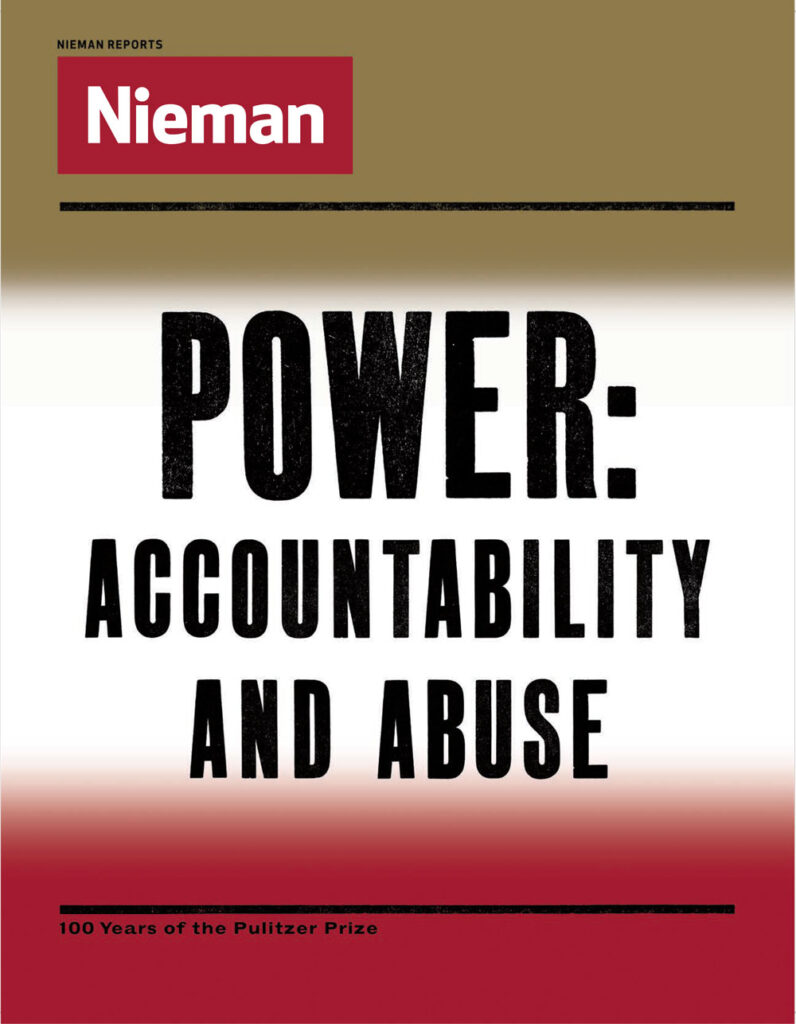Christian was recognized for her dispatches from Central America. Her specialty was reporting on the human dimensions of political strife.
GUATEMALA CITY, Guatemala—“If you want to cry out for the dignity of the human being, in this country they say you are a Communist. I am Communist as Jimmy Carter, but here, liking Carter instead of Reagan means you are on the left. What is certain is that Guatemala is going to explode, sooner or later, whoever is president of the United States.”
Irma Flaquer, establishment woman, is speaking. Private secretary to former President Julio Cesar Mendez Montenegro in the late 1960s, she now is assistant editor of a newspaper that plays by the rules. She knows the right people. Establishment, but outspoken.

Last December, she and some equally establishment acquaintances founded the Guatemalan Human Rights Commission. The idea was that they, as people representing neither extreme right nor extreme left, nor political parties, would try to shed some light on the two-pronged violence sweeping Guatemala – on one hand, virtual war between guerrillas and the army in three rural provinces; on the other, unsolved political assassinations that are averaging more than a hundred a month. The plan was to gather facts and figures, with cold objectivity,
However, Flaquer says officialdom blocked their efforts to investigate clashes in the countryside. At the same time, the commission members began receiving anonymous death threats, by mail and telephone. Some members fled to safety in exile, including a retired army colonel.
Flaquer says she told Carlos Toledo Vielman, information secretary for the military president, Gen. Romeo Lucas Garcia, about the threats she was receiving.
“He told me to be careful,” she said with a half-smile.
A month ago, the Human Rights Commission gave up. The remaining members dissolved it with a warning that Guatemala is headed for self-destruction.



